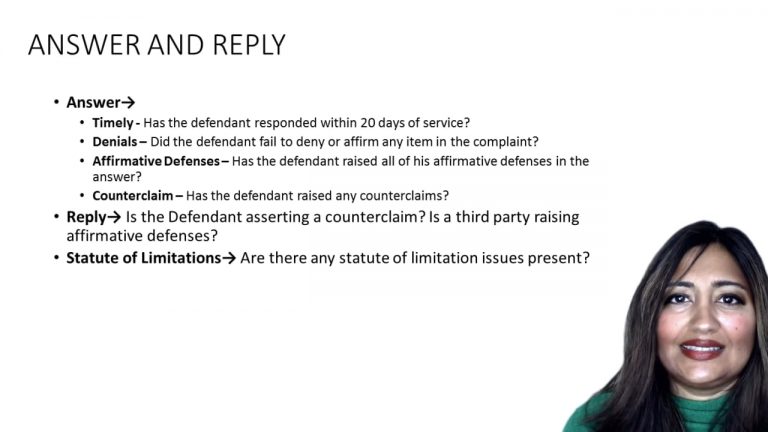SmartBrief
Confirm favorite deletion?
Civil Procedure Keyed to Mueller
Gomez v. Toledo
Citation:
446 U.S. 635 (1980)Facts
Carlos Gomez (Petitioner) was discharged without a hearing from his position as an agent with the Puerto Rican Police Department after he told his supervisor and testified to the fact that two agents had falsified evidence in a criminal investigation. Petitioner brought a § 1983 claim against the Superintendent of the Police of the Commonwealth of Puerto Rico (Respondent), claiming he was discharged without due process, causing him anxiety, embarrassment, and injury to his reputation. Respondent argued he was protected by qualified immunity and filed a motion to dismiss.
Only StudyBuddy Pro offers the complete Case Brief Anatomy*
Access the most important case brief elements for optimal case understanding.
*Case Brief Anatomy includes: Brief Prologue, Complete Case Brief, Brief Epilogue
- The Brief Prologue provides necessary case brief introductory information and includes:
Topic:
Identifies the topic of law and where this case fits within your course outline.Parties:
Identifies the cast of characters involved in the case.Procedural Posture & History:
Shares the case history with how lower courts have ruled on the matter.Case Key Terms, Acts, Doctrines, etc.:
A case specific Legal Term Dictionary.Case Doctrines, Acts, Statutes, Amendments and Treatises:
Identifies and Defines Legal Authority used in this case.
- The Case Brief is the complete case summarized and authored in the traditional Law School I.R.A.C. format. The Pro case brief includes:
Brief Facts:
A Synopsis of the Facts of the case.Rule of Law:
Identifies the Legal Principle the Court used in deciding the case.Facts:
What are the factual circumstances that gave rise to the civil or criminal case? What is the relationship of the Parties that are involved in the case.Issue(s):
Lists the Questions of Law that are raised by the Facts of the case.Holding:
Shares the Court's answer to the legal questions raised in the issue.Concurring / Dissenting Opinions:
Includes valuable concurring or dissenting opinions and their key points.Reasoning and Analysis:
Identifies the chain of argument(s) which led the judges to rule as they did.
- The Brief Prologue closes the case brief with important forward-looking discussion and includes:
Policy:
Identifies the Policy if any that has been established by the case.Court Direction:
Shares where the Court went from here for this case.

 9m 26s
9m 26s